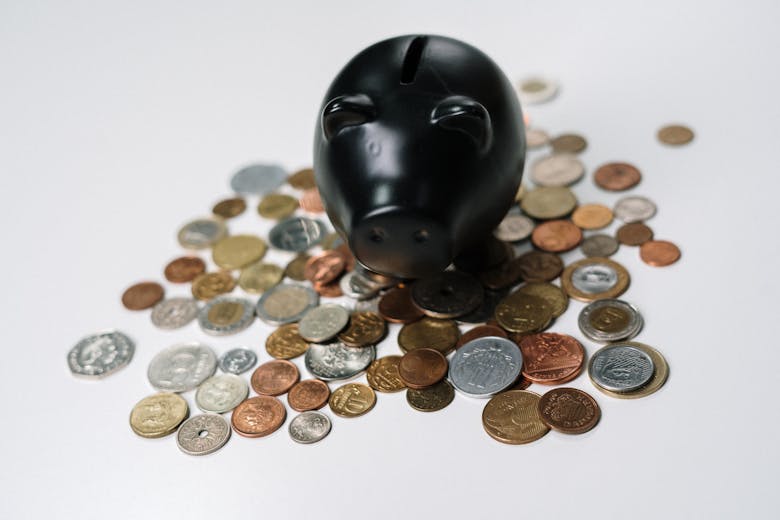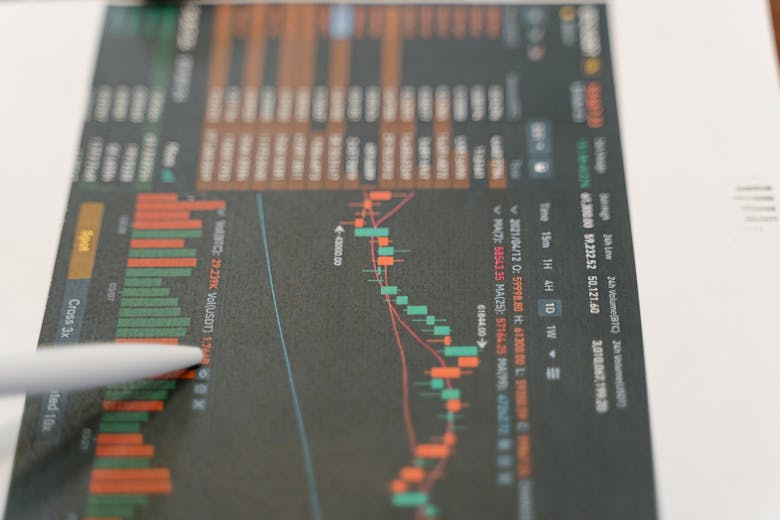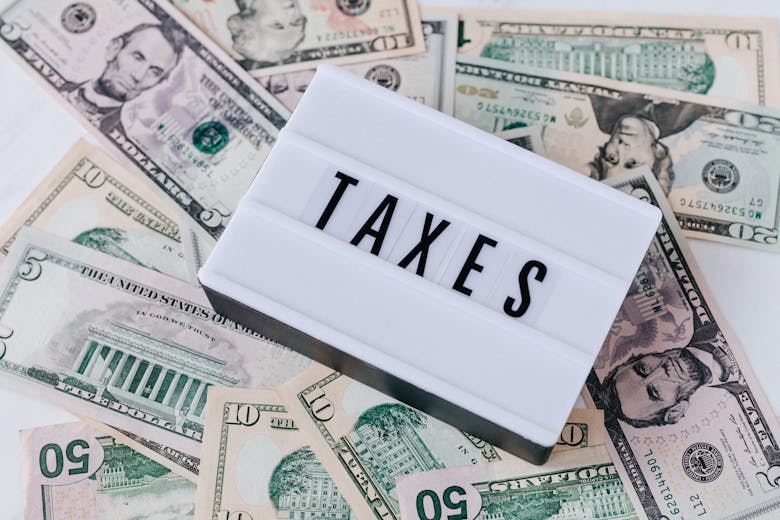Take Control of Your Finances with Budget Planning
Creating and sticking to a budget is the foundation of financial health, empowering you to achieve goals, reduce debt, and build a secure future.
Start Your Budget Budget planning provides a clear picture of your financial situation – where your money comes from and where it goes. This awareness is the first step towards making intentional financial decisions.
Without a budget, it's easy to overspend, accumulate debt, and feel uncertain about your financial future. A well-planned budget acts as a roadmap, guiding your spending and saving habits.
Ultimately, budgeting helps reduce financial stress, allows you to prioritize what matters most, and puts you firmly in control of achieving your short-term and long-term financial aspirations.

Track Your Income & Expenses
The foundation of any budget is understanding your cash flow. Diligently track all sources of income and categorize every expense for at least a month to see your true financial picture.

Set Realistic Financial Goals
What do you want your money to achieve? Define specific, measurable, achievable, relevant, and time-bound (SMART) goals, like saving for a down payment, paying off debt, or building an emergency fund.

Categorize Your Spending
Group your expenses into meaningful categories. Distinguish between needs (housing, food, utilities) and wants (entertainment, dining out), and identify fixed costs (rent) versus variable costs (groceries).

Choose a Budgeting Method
Select a budgeting system that fits your style. Popular methods include the 50/30/20 rule (needs/wants/savings), zero-based budgeting (every dollar assigned), or the envelope system (cash allocation).

Allocate Funds Strategically
Based on your income, goals, and chosen method, assign specific dollar amounts to each spending category. Prioritize needs and savings/debt goals before allocating funds to wants.

Review and Adjust Regularly
A budget isn't static. Review your spending against your plan weekly or monthly. Adjust allocations as needed based on actual expenses, changing income, or evolving goals. Flexibility is key.

Building Financial Freedom
Consistent budget planning is the pathway to financial freedom. By managing your money intentionally, you gain control, reduce debt, build savings, and create opportunities for long-term security and peace of mind.
It transforms money from a source of stress into a tool for achieving the life you desire.
Various tools and resources can help you create and maintain your budget effectively. Choose what works best for you.
Budgeting Apps
- Apps like YNAB, Mint, PocketGuard
- Automated expense tracking
- Goal setting features
- Categorization assistance
- Often sync with bank accounts
Spreadsheet Software
- Excel, Google Sheets, Numbers
- Highly customizable
- Manual data entry required
- Good for detailed tracking
- Many free templates available
Pen and Paper
- Simple notebook or planner
- Tangible tracking method
- Requires manual calculation
- Minimalist approach
- Very low cost
Envelope System
- Allocate cash into labeled envelopes
- Visual spending limits
- Best for variable spending categories
- Effective for curbing overspending
- Relies on using cash
Financial Calculators
- Online tools for specific goals
- Debt payoff calculators
- Savings goal estimators
- Retirement planning tools
- Help visualize long-term progress
Financial Education Sites
- Websites like Investopedia, NerdWallet
- Reputable blogs and forums
- Government financial literacy sites
- Books on personal finance
- Continuous learning resources

A crucial part of budget planning is building an emergency fund. Aim to save 3-6 months of essential living expenses to cover unexpected events like job loss or medical bills without derailing your financial goals.
Control Over Money
Know exactly where your money goes and make intentional spending choices.
Achieve Savings Goals
Systematically save for down payments, vacations, retirement, or other targets.
Reduce/Eliminate Debt
Create a plan to tackle high-interest debt and pay it off faster.
Less Financial Stress
Reduce anxiety about bills and unexpected expenses with a clear plan.
Improved Spending Habits
Identify and curb unnecessary spending or impulse purchases.
Builds Emergency Fund
Prepare a safety net for unexpected financial shocks.
Plan for Future
Allocate funds for long-term goals like retirement or children's education.
Better Financial Decisions
Make informed choices about major purchases and investments.
Avoid Overspending
Set clear limits for spending categories to stay within your means.
Increased Awareness
Gain a deeper understanding of your financial patterns and values.
Enables Generosity
Plan for charitable giving or supporting causes you care about.
Peace of Mind
Feel more secure and confident about your financial situation.
What is budget planning?
It's the process of creating a plan for how you will spend and save your money over a specific period (usually monthly), based on your income and financial goals.
Why is budgeting important?
It gives you control over your finances, helps you save for goals, reduce debt, avoid overspending, lower financial stress, and build long-term wealth.
How do I start budgeting?
Start by tracking your income and all expenses for a month. Then, set financial goals, categorize spending, choose a budgeting method, and allocate your income accordingly.
What are some common budgeting methods?
Popular methods include the 50/30/20 rule (Needs/Wants/Savings), zero-based budgeting (income minus expenses equals zero), and the envelope system (using cash).
How often should I review my budget?
Reviewing weekly helps catch overspending early. A more thorough review and adjustment should happen monthly, or whenever your income or major expenses change significantly.
How do I budget with irregular income?
Budget based on your lowest expected monthly income for essential expenses. When income is higher, allocate extra funds towards debt reduction, savings goals, or building a buffer.
Are budgeting apps helpful?
Yes, apps can automate expense tracking by linking to bank accounts, help categorize spending, visualize progress towards goals, and send reminders, making the process easier for many people.
